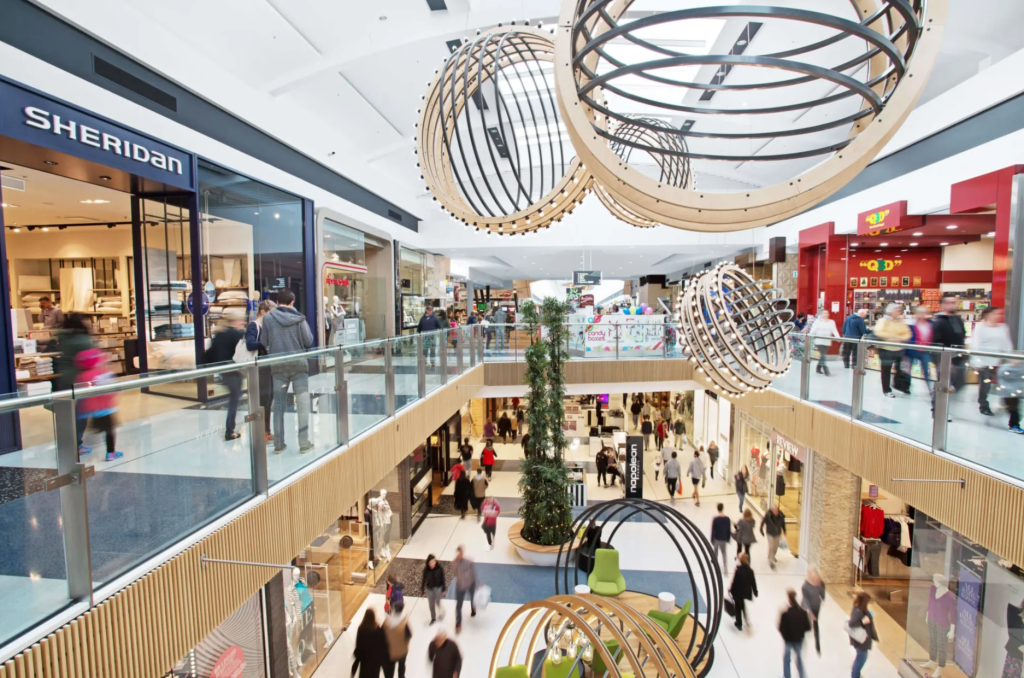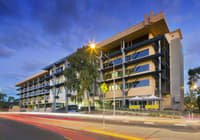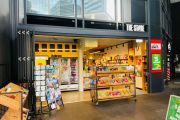
Black Friday: Will it be a frenzy or a flop for retailers?
Millions of Aussie shoppers are expected to splurge on Black Friday and Cyber Monday sales this weekend, but retailers are being warned the shopping spree could be short-lived, with households budgets tipped to tighten early next year.
The latest figures show consumer spending is yet to slow down – despite seven consecutive rate rises aimed at curbing inflation, which climbed to 7.3 per cent in the last quarter.
The data, although surprising, is welcome news for the retail sector ahead of the busiest trading period of the year.
According to research by the Australian Research Association (ARA) and Roy Morgan, Aussies will spend $6.2 billion over the four-day period – up $200 million compared to last year.
“The Black Friday sales are the biggest pre-Christmas event on the retail calendar and its popularity is continuing to grow in Australia,” said ARA chief executive Paul Zahra.
“There’s no doubt it’s a challenging economic environment but what’s pleasing is that retail sales overall are currently at record levels,” he said.
Across the country, shopping centres and department stores are gearing up to welcome hundreds of thousands of customers eager to bag a bargain over the weekend.
Following a significant upswing in online sales during the pandemic, shoppers appear to be pivoting back to bricks-and-mortar stores.
Online sales have subsequently taken a tumble, down 18.6 per cent compared to September last year, according to the Australian Bureau of Statistics (ABS).
Corrine Barchanowicz, the head of brand, marketing and experience at retail property group Vicinity Centre, said its data was showing “customers are increasingly returning to shopping in-store across the board, particularly for the homewares and decor categories”.
This year, major retailers like JB Hi-Fi, BCF, Myer and David Jones have launched their Black Friday sales campaigns early, with heavy discounts on offer all week.
The shopping event has surpassed Boxing Day in recent years, as shoppers look to buy Christmas presents early. Up to a quarter of Christmas shopping is completed throughout the Black Friday sales weekend, according to Salesforce research.
“People don’t want to play roulette this year with their gifts not knowing if they’ll arrive in time in the post, so they’re choosing to come into the centre to make sure they leave with that perfect gift in their hands,” Barchanowicz said.
Lisa Bora, the head of KPMG’s Retail and Leisure Group, said the overarching retail outlook was “optimistic” until the end of the year.
“We see a different trend line for January ’23, but for now Australians are expected to spend strong through this year’s Black Friday and Cyber Monday sales period, despite the backdrop of the rising cost of living, increased interest rates and talk of a looming recession.”
Consumer research conducted by Commonwealth Bank (CBA) found many shoppers had delayed purchases until this year’s sales to ease cost-of-living pressures, with seven in 10 shoppers planning to buy essential everyday items or larger items this weekend.
Australians will spend an average of $482.90 this sales weekend, according to the CBA research, with many favouring technology and electronics, followed by Christmas gifts, and fashion and clothing.
Data from the ABS has shown consumers splash more cash in November than December.
Last year, consumers spent more than $3 billion on clothing, footwear and personal items in November, compared to $2.6 billion in December, it showed. When it came to buying household items, shoppers spent $6.4 billion in November, compared to nearly $5.8 billion in December.
Looking ahead to the new year, tougher conditions loom large over the retail sector, with cost-of-living pressures expected to take their toll on household budgets.
In the first half of next year, KPMG forecasts a tightening of retail growth and consumer expenditure; a “wallet wisening as our savings residuals are drawn down”, Bora said.
The forecast is shared among retail analysts. In an MST Marquee research note published earlier this month, the authors said “retail sales are likely to be softer in 2023 as higher interest rates take effect and savings rates are lower”.
Zahra said 2023 was set to be a more challenging year for the retail industry, “but as it stands right now, consumer spending is strong and that’s set to continue over the festive trading period, which will give many businesses confidence for their most important time of year”.









